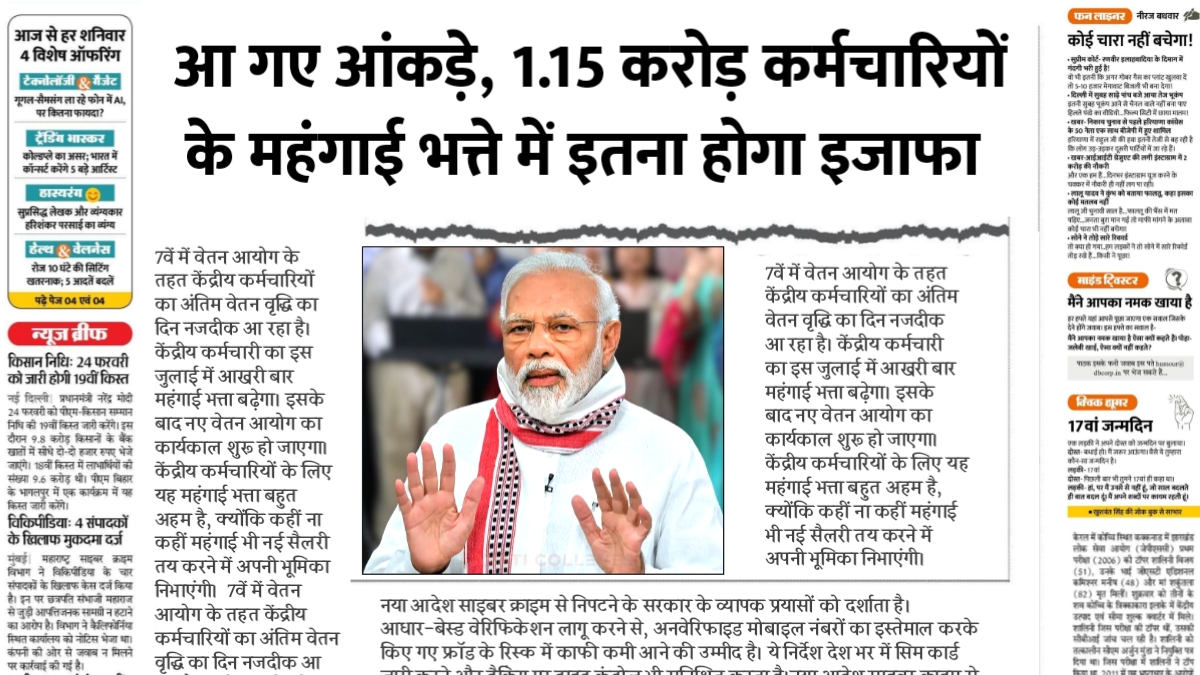UK Pension Dates Adjusted: Millions of pensioners across the United Kingdom will receive their state pension payments earlier than usual in April 2025 due to the Easter holiday schedule. The Department for Work and Pensions has announced that payments normally scheduled for Friday, April 18, and Monday, April 21, will now arrive on Thursday, April 17, 2025. This adjustment ensures that pensioners will not face delays in receiving their essential income over the Easter weekend when banks and government offices are closed for Good Friday and Easter Monday holidays.
This scheduling change affects not only state pension recipients but also extends to those receiving Child Benefit, Disability Living Allowance, Carer’s Allowance, and Personal Independence Payment. The early payment system is designed to provide financial security during holiday periods when normal banking operations are suspended. However, pensioners should be aware that while receiving money earlier might seem beneficial, they need to budget carefully since the following payment will return to the regular schedule, potentially creating a longer gap between payments.
Managing Your Finances During Early Payment Periods
When pension payments arrive earlier than expected, it requires careful financial planning to ensure the money lasts until the next scheduled payment. Pensioners who typically budget on a weekly or monthly basis should adjust their spending plans to account for the extended period until their next payment arrives. This early payment in April means that recipients will need to make their funds stretch over additional days compared to their normal payment cycle.
Financial advisors recommend that pensioners treat early payments with the same budgeting discipline they would apply to regular payments. Creating a simple spending plan that allocates money for essential expenses like housing, utilities, food, and medications can help ensure that funds last throughout the extended period. Some pensioners find it helpful to set aside a portion of the early payment in a separate account to avoid accidentally spending money that needs to last longer than usual.
State Pension Increases Coming in April 2025
April 2025 brings welcome news for pensioners as the state pension amounts are set to increase significantly under the government’s triple lock guarantee system. The full new state pension will rise from £221.20 to £230.30 per week, representing a substantial boost to pensioners’ weekly income. Meanwhile, the basic state pension will increase from £169.50 to £176.45 per week, providing additional financial support for those on the older pension system.
These increases translate to an annual income boost of nearly £500, moving the total annual state pension from £11,541.90 to £12,016.75. The triple lock guarantee ensures that state pensions rise each year by whichever amount is highest among three factors: the rate of inflation, average wage increases, or a minimum of 2.5 percent. This system protects pensioners from losing purchasing power during periods of economic uncertainty and ensures their incomes keep pace with the broader economy.
Understanding the £2,300 Bonus Payment for Pensioners
In addition to the regular pension increases, eligible pensioners will receive a special £2,300 bonus payment as part of enhanced government support measures. This bonus represents additional financial assistance designed to help older citizens cope with rising costs of living and healthcare expenses. The payment is automatically credited to eligible individuals without requiring any application process, making it easily accessible to those who need it most.
The £2,300 bonus is separate from the regular state pension and specifically targets the additional financial pressures that pensioners face in today’s economic climate. This includes increased costs for heating, medical care, transportation, and daily necessities that disproportionately affect older adults on fixed incomes. The government has designed this support to provide meaningful relief for pensioners struggling with higher expenses while maintaining their independence and quality of life.
May 2025 Payment Schedule Changes
Following the April adjustments, pensioners should prepare for additional payment schedule changes in May 2025. The May 26 bank holiday will likely cause similar disruptions to the normal payment calendar, requiring the Department for Work and Pensions to reschedule payments to ensure recipients receive their money without unnecessary delays. While specific details about May payment adjustments have not been fully announced, pensioners should expect their payments to arrive earlier than scheduled around the late May holiday period.
These recurring schedule adjustments during holiday periods demonstrate the government’s commitment to ensuring pensioners maintain consistent access to their income. However, they also highlight the importance of flexible financial planning throughout the year. Pensioners who understand these patterns can better prepare for the temporary changes to their payment schedules and adjust their budgeting accordingly.
Eligibility Requirements for UK State Pension Benefits
Understanding eligibility for UK state pension benefits helps ensure that individuals receive the maximum payments they are entitled to receive. For the basic state pension system, men must have been born before April 6, 1951, while women must have been born before April 6, 1953. Individuals born on or after these dates fall under the newer state pension system, which has different rules and payment structures.
National Insurance contributions play a crucial role in determining pension entitlements, with at least 30 qualifying years required for the full basic state pension. Those with fewer than 30 qualifying years receive reduced payments proportional to their contribution history. Qualifying years can come from various sources including employment, self-employment, or credited periods during unemployment, illness, or when caring for family members, ensuring that life circumstances don’t unfairly penalize pension entitlements.
Additional State Pension Options and Benefits
Before April 2016, workers had opportunities to build additional retirement income through specialized pension schemes that provided extra benefits beyond the basic state pension. The State Earnings-Related Pension Scheme allowed higher earners to contribute additional amounts toward their retirement income. This was later replaced by the State Second Pension, which was specifically designed to benefit low and middle-income earners by providing them with opportunities to build supplementary pension benefits.
Pensioners who participated in either of these additional pension schemes may receive higher payments than those eligible only for the basic state pension. Understanding these additional benefits helps pensioners maximize their retirement income and plan more effectively for their financial future. Many current pensioners continue to receive these supplementary payments as part of their overall pension package, contributing to their financial security in retirement.
Planning Ahead for Future Payment Changes
As the UK pension system continues to evolve, pensioners should stay informed about upcoming changes that might affect their payments and financial planning. Regular communication from the Department for Work and Pensions provides updates about schedule changes, payment increases, and new support programs. Keeping accurate records of payment amounts and dates helps pensioners track their income and identify any discrepancies that need attention.
Pensioners who maintain good relationships with their banks and stay informed about government announcements can better navigate the occasional disruptions to payment schedules. Simple preparation steps, such as maintaining emergency savings and understanding when payments might arrive early or late, help ensure financial stability regardless of holiday schedules or administrative changes. This proactive approach to pension management supports long-term financial wellness and peace of mind throughout retirement.
Disclaimer
This article provides general information about UK pension payments and should not be considered as financial advice. Pension amounts, payment dates, and eligibility criteria may change based on government policy updates. For the most current information about your specific pension entitlements and payment schedules, contact the Department for Work and Pensions directly or visit the official government website. Individual circumstances may affect payment amounts and timing.



















